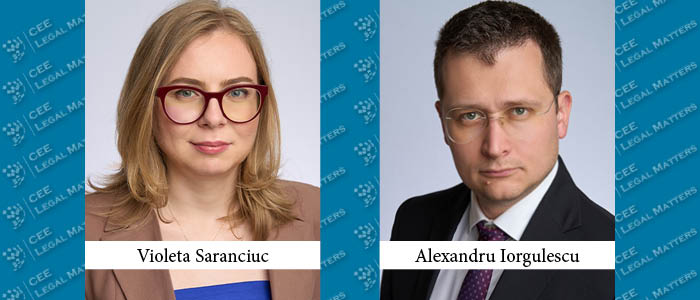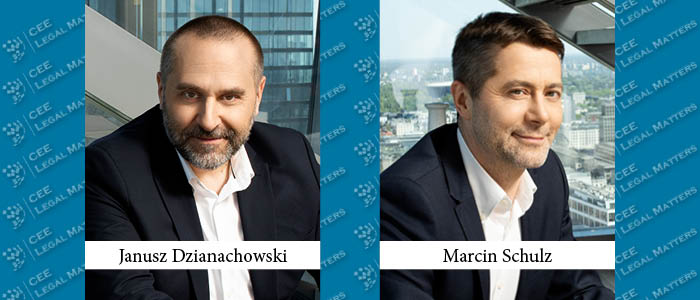This past year has exposed our practice to a number of new challenges. To some extent, this somehow mirrored the relatively more pronounced dynamics of the Slovak economy. Ours is a law office that, owing to its size and experience, has the ability to specialize in individual areas of law, and the preceding year was characterized by a higher number of industry-specific cases compared to the past. In particular, this involved attractive project applications, restructuring and financing cases, and corporate transactions, as well as immovable property and dispute cases.
The current market situation for legal services is characterized by enormous competition – in combination with a relatively small market size, where the supply greatly exceeds actual demand. Moreover, a toll is being taken by the actual dynamics of economic growth, which remains slower than it was before 2009. Market resources generating demand for legal services originate more and more from the well-established domestic business milieu rather than from the high proportion of new foreign investment opportunities, as used to be the case in the past. This trend has brought about a need for a more pronounced development of a comprehensive portfolio of services provided by law firms, and the result is tough competition among the providers of legal services. Availability of such services is much higher than the availability of a reasonable combination of universal and highly specialized services appropriately distributed among a group of providers. Moreover, it is our experience that insourcing of legal services in the corporate sphere is much more common than it used to be.
In Slovakia, we are aware that 2016 will bring about challenging new legislation, including in the Code of Civil Procedure, the Code of Out-of-Court Procedure, the Code of Administrative Procedure, and the law introducing criminal liability of legal entities. As far as the framework in which the attorney’s profession is performed, it is worth mentioning the situation in the broader context of the business milieu, as this framework sets the conditions for the efficient performance of advocacy. This is a recurring problem and, if we consider the level attained elsewhere, there is considerable room for improvement; on the other hand, one should not overlook on-going legislative initiatives aimed at reforming the assorted Slovak codes of procedure.
Looking ahead, trends for 2016 are clear: Increased corporate transparency, increased shareholder engagement, highly effective boards, and gender and minority diversity in corporate governance. From a broader CEE view, effective institutions and competitive infrastructure are CEE´s main weaknesses, with efficiency enhancement as a competitive advantage and an ongoing brain drain to Western Europe and North America, while the shift towards future industries (energy, utilities, IT, Telecom, pharma, healthcare) is still very slow or pending. Many challenges, and many legal fields affected by many “too wide and flexible” phrases and words. So do we as legal professionals really think and feel that our present approach will suffice in the days to come?
As the largest law firm in Slovakia, we would not remain at the top of our profession without being open to new ideas and without adopting new measures into our practice. It is not just the new global trends and technical innovations we have to embrace, but also the changing ways our clients prefer to work with us. Not long ago, when Chambers & Partners published results from its survey among clients regarding values they search for while looking for a lawyer/attorney, not surprisingly, communication skills won for both legally qualified (42%) and non-qualified (43%) clients, leaving industry knowledge far behind as a requested lawyer skill (11% for legally qualified clients, 13% for legally non-qualified clients). Does this mean that they will not look for the best? Of course not. What these results show is that in addition to legal knowledge and skills, clients want to communicate in a manner that better fits with their internal structures and needs.
The legal problems faced by our circle of clients are becoming more and more complicated and require a legal advisor able to look at matters from a broader perspective and possessing the ability to see a few steps ahead.
By Jaroslav Ruzicka, Managing Partner, Ruzicka Csekes in association with members of CMS
This Article was originally published in Issue 3.1. of the CEE Legal Matters Magazine. If you would like to receive a hard copy of the magazine, you can subscribe here.





























